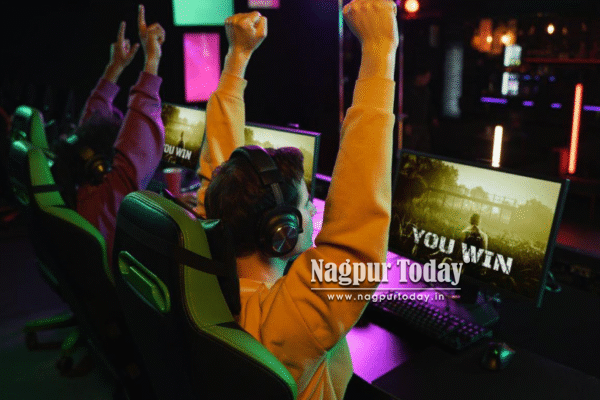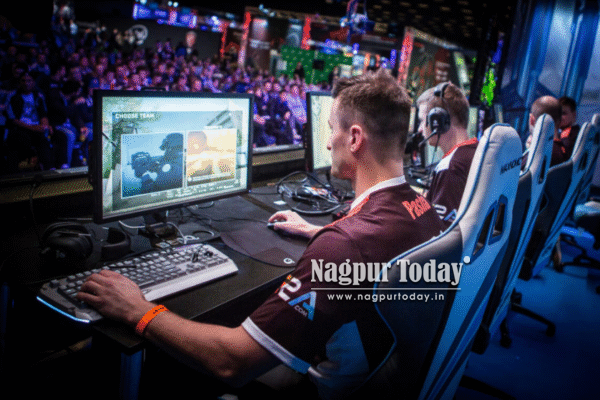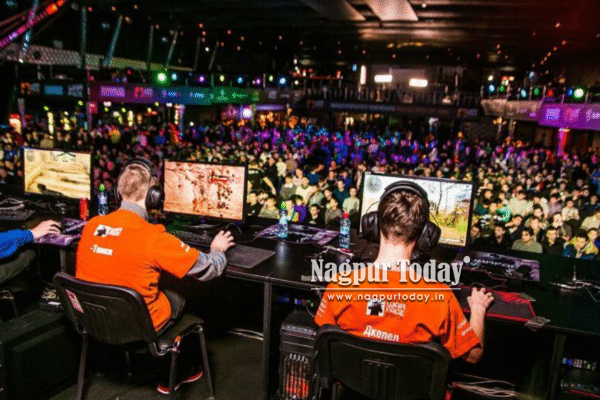Over the past few years, esports has become a real industry for gamers. It has a huge fan base. For example, today, tournaments for Dota 2, League of Legends, or CS2 are very popular. They attract audiences from all over the world. In addition, many experts are seriously discussing the inclusion of eSports in the Olympic Games. However, it is interesting to consider whether eSports can replace traditional sports. Does the former really have so many fans?
Esports already attracts millions of people. The eSports audience exceeds hundreds of millions of people. And services such as get 1xBet mobile app fuel interest in competitions thanks to interactive formats and real-time betting. Let’s take a look at the updates that have affected esports.
What distinguishes national sports and esports
At first glance, standard sports and eSports have little in common, but there are still some similarities:
- The moment of competition. In both cases, online gaming participants compete for victory under certain rules.
- Skill. Players must train for years to reach the highest level.
- Fans. Matches fill stadiums and online stands with millions of spectators.
- Industry. Prize pools and advertising contracts are comparable to those of leading sports leagues.
It is clear that esports is becoming one of the most popular sports. Despite the difference in format, every sport has its fans.
Key differences
Let’s look at the main differences between esports and traditional sports.
| Criterion | Traditional sports | Esports |
| Physical exertion | Various competitions, tournaments | Low, no physical exertion |
| Accessibility | Suitable conditions are needed | A console, PC, and internet connection are sufficient |
| Infrastructure | Clubs, coaches, stadiums | Online platforms |
| Career length | Up to 20 years old | 5-10 years |
| Media coverage | TV, radio, offline forums | Online streaming, Twitch, YouTube |
| International recognition | Olympic Games, federations | Currently only in the competition mechanism development stage, virtual competitions are being held |
The table showed that esports has every chance of developing. Of course, it will not completely replace traditional sports, but it will certainly compete with them.
Training and preparation of players
Training and preparation of players is something that many skeptics consider frivolous. Standard training consists of physical exercise. In reality, modern esports athletes train for hours. This includes not only gaming practice, but also working on their physical condition. These athletes have access to coaches, nutritionists, and sports consultants. Therefore, the preparation of an esports athlete is not much different from standard training.
Impact on the economy and culture
Esports influences culture and the economy. It has become a catalyst for new professions. This sport attracts a global audience of millions. Thanks to esports, developers, streamers, commentators, and analysts have emerged. These professions are now in demand. Esports also influences culture, fashion, music, cinema, and education. It offers new ways of interacting with young people.
Why esports is considered the new Olympus
There are several factors that indicate that esports is considered the new Digital Olympics. For example:
- Audience. Many experts believe that the global esports audience has exceeded several million people.
- Economy. The prize funds for top tournaments have grown. The income of organizations depends on broadcasting.
- Attracting young people. The current generation often prefers esports to traditional soccer, tennis, and other disciplines.
- Technology. Virtual reality and streaming create a format where the viewer becomes a participant.
In addition, it should be noted that esports is forming its own value system and is gradually becoming part of mass culture. Team logos, player images, and even memes are perceived by fans in the same way as the crests of their favorite soccer teams. This is what brings esports closer to the Olympus. Everything points to the fact that international competitions and tournaments are coming soon.
Barriers on the way to the Olympics
In reality, not everything is as smooth as it seems. Esports faces obstacles:
- There is no single regulator. All games are owned by private companies. Therefore, it is not possible to develop standard rules for everyone.
- Ethical disputes. Some disciplines are associated with virtual violence, which is not in line with Olympic principles.
- Skepticism. Those who are accustomed to traditional sports are skeptical of anything new. They do not perceive esports as something serious. They believe that sport is physical activity. Everything else is just a game.
Many experts see this as a serious obstacle to esports entering the Olympics.
Potential for synergy
It is quite possible that esports will complement the Olympic Games. For example, one could imagine a separate “Olympic Digital Games” block, where standard disciplines would be represented. For example, soccer, hockey, and others, but in a digital format. This would attract a young audience and open up advertising and sponsorship opportunities.
Synergy manifests itself in the following areas:
- Joint tournaments and show events. This format would expand the audience.
- Educational and social integration. Thanks to esports, young people are becoming interested in real physical activity.
- A technological platform for experimentation. It is possible to hold various competitions, combine them with traditional sports, and try out virtual reality.
The synergy between traditional sports and digital technology can expand the audience, develop sports culture, and create new frameworks.
If it is not competition, but mutual enrichment. Traditional sports will get fresh blood and a young audience. And esports will receive well-deserved recognition.
















